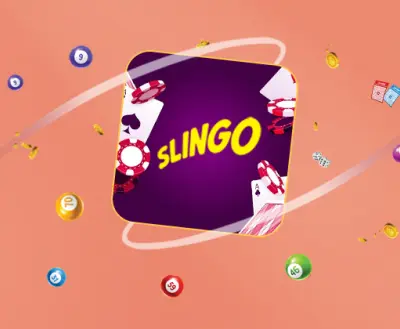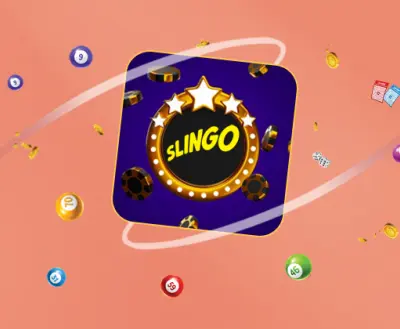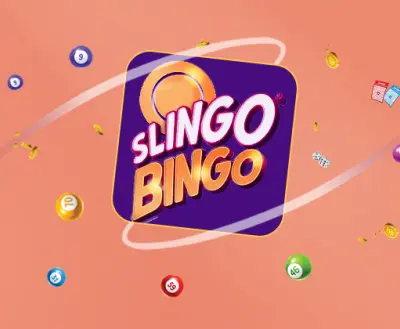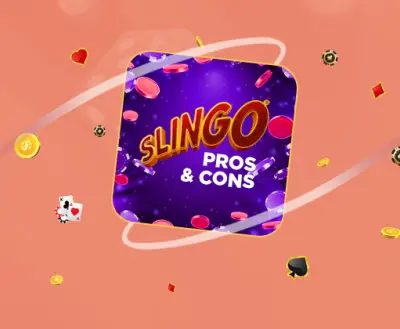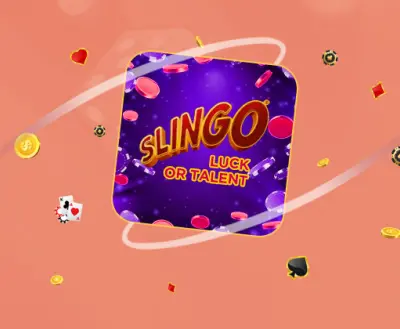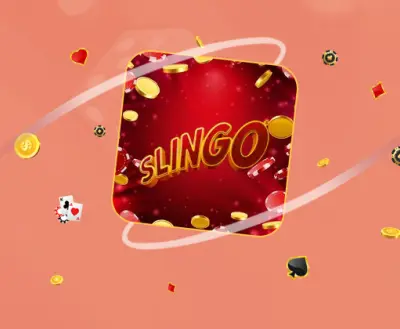Blackjack Table Etiquette: Play Like a Professional
Blackjack Table Etiquette: Play Like a Professional
Blackjack, a popular card game known for its thrilling gameplay and strategic decision-making, has captivated players in casinos around the world for decades. To truly master the art of playing blackjack, it is not only essential to understand the rules and strategies but also to embrace proper table etiquette.
In this article, we will delve into the world of blackjack table etiquette and explore why it plays a vital role in your overall experience as a player. Table etiquette in blackjack goes beyond basic manners; it encompasses a set of unwritten rules that enhance the gameplay, foster camaraderie with fellow players, and contribute to a positive atmosphere at the table.
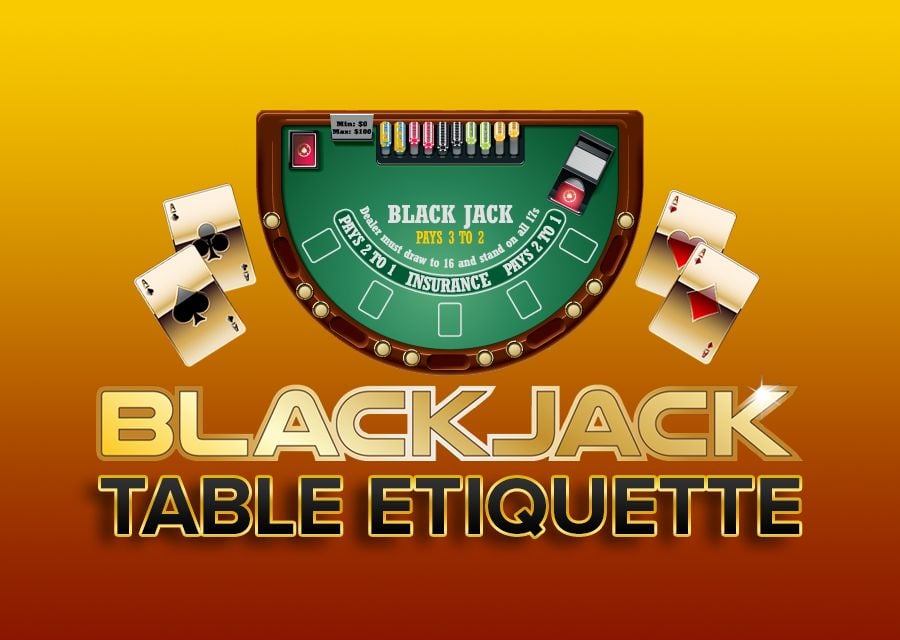
While many players focus solely on the mechanics of the game, neglecting table etiquette can lead to a less enjoyable gaming environment for everyone involved. By adhering to these etiquette guidelines, you can elevate your playing style, increase your chances of success, and gain the respect of both the dealer and other players.
Let's embark on a journey to uncover the significance of table etiquette in the game of blackjack and discover how playing like a pro involves much more than just skill and strategy.
Understanding the Basics of Blackjack
Before diving into the nuances of blackjack table etiquette, it is crucial to have a solid understanding of the basic rules of the game. Blackjack is played with one or more standard decks of 52 cards, with the objective of achieving a hand total higher than the dealer's hand without exceeding 21.
The game begins with each player receiving two cards face-up, while the dealer receives one card face-up and another face-down. Numbered cards hold their face value, face cards (King, Queen, and Jack) are valued at 10, and the Ace can be counted as either 1 or 11.
After the initial deal, players have several options to enhance their hand. They can "hit" to request an additional card, "stand" to keep their current hand, "double down" to double their initial bet and receive only one more card, or "split" pairs to create two separate hands.
The dealer follows a specific set of rules. Generally, they must draw cards until they reach a hand total of 17 or higher, at which point they must stand. If the dealer's hand exceeds 21, all remaining players with live hands win.
In blackjack, the dealer holds a crucial role in managing the game and ensuring fairness. They are responsible for dealing cards, enforcing the rules, and facilitating the flow of gameplay. It is essential to respect the dealer's authority and follow their instructions throughout the game.
Players play against the dealer, creating an interactive and competitive environment. While it is natural to want to outperform others at the table, it is crucial to maintain good sportsmanship and respect for fellow players.
By understanding the basic rules of blackjack and recognising the roles of both the dealer and players, you lay the foundation for a successful and respectful gaming experience. Now, let's explore the significance of table etiquette in blackjack and its impact on your gameplay.
Proper Blackjack Table Etiquette
Joining the Table
Choosing the Right Table: When entering a casino or a blackjack area, it's essential to choose the right table to join. Look for a table with betting limits that align with your bankroll and skill level. Additionally, consider the ambience and atmosphere of the table, not just the betting options, as a comfortable environment can enhance your overall experience.
Buying In: Before joining a blackjack table, you'll need to "buy in" by exchanging your cash for different denomination chips. Approach the table and wait for an appropriate moment to join the game. Once the dealer acknowledges you, place your money on the table, and the dealer will exchange it for chips. Do not hand your money to the dealer directly.
Placing Bets
Betting Amounts: In blackjack, it's important to be mindful of the minimum and maximum betting limits at the table. Place your bets within the specified range and avoid going over the maximum limit. By respecting the table limits, you contribute to a fair and balanced gameplay environment.
Positioning of Chips: When placing your bets, neatly stack your chips in front of you within the designated betting areas. There will be one for the main bet, and separate areas for any side bet options available. Ensure that your bets are clearly distinguishable, and avoid touching them once the round begins. This helps the dealer and other players to accurately determine the value of your wagers.
Handling Cards
Card Handling in Face-Up Games: In face-up blackjack games, the cards are dealt face-up, and players are not allowed to touch them. Refrain from touching the cards and focus on the value of your hand. If you need additional cards or wish to stand, use appropriate hand signals (discussed in the next section) to communicate with the dealer.
Card Handling in Face-Down Games: In face-down blackjack games, the dealer deals the cards face-down, and players can pick them up with one hand. Do not hold your cards with two hands to avoid any suspicion of tampering. You can remove your cards from the table, but keep them above the table surface and avoid bending or folding them.
Communicating with the Dealer
Verbal Communication: When interacting with the dealer, use clear and concise language to express your intentions. Verbally indicate your decisions, such as "hit," "stand," "double down," or "split." This ensures that there is no confusion about your actions and helps maintain a smooth flow of gameplay. You can also ask the dealer for advice if you are unsure what to do, but only as a last resort.
Hand Signals: In addition to verbal communication, blackjack utilises hand motions to signal your decisions. For example, to hit, lightly scrape the table surface with your cards. To stand, wave your hand horizontally over your cards. Familiarise yourself with the specific hand signals used at the table you're playing to ensure effective communication.
Interacting with Other Players
Conversations: Engaging in friendly conversations with other players can add enjoyment to the game. However, be mindful of the volume of your voice to avoid disturbing others. Refrain from discussing specific hand values or giving unsolicited advice unless it is welcomed by the player.
Game Observance and Respect: While playing blackjack, it's important to pay attention to the game and avoid unnecessary distractions. Respect the personal space of other players and refrain from touching their chips or cards. Avoid criticising or interfering with their decision-making process, as everyone has the right to play the game according to their strategy.
Winning and Losing Gracefully
Celebrating Wins: When experiencing a winning hand, it's acceptable to celebrate within reason. Maintain a level of modesty and avoid excessive displays of excitement that may make others feel uncomfortable. Remember that blackjack is a game of chance, and winning or losing streaks are part of the experience.
Handling Losses: In the event of a losing hand, remain composed and avoid expressing frustration or disappointment. It is important to handle losses gracefully and with sportsmanship. Keep in mind that losing is a normal part of the game, and maintaining a positive attitude contributes to a pleasant gaming environment.
Refrain from blaming others or making negative comments about the dealer or fellow players. Instead, focus on the next hand and strategise for future opportunities. Remember that your behaviour at the table reflects your character and can influence the atmosphere for everyone involved.
Tipping the Dealer
When and How Much to Tip: Tipping the dealer is a customary practice in blackjack as a way to show appreciation for their service. It is typically done after winning a hand or at the end of a session. The amount you tip can vary, but a general guideline is to tip around 5% of your winnings or 1% to 2% of your total buy-in.
Ways to Tip: There are different ways to tip the dealer. You can place a chip or chips in the designated "toke" box on the table, or you can simply hand the dealer a chip directly. Some players prefer to make a verbal acknowledgement, saying "thank you" or "for the dealer" when giving a tip.
Remember that tipping is not mandatory, but it is a gesture of appreciation for the dealer's professionalism and service. Tipping also contributes to a positive relationship between players and dealers, creating a more enjoyable gaming experience for everyone.
Traditional vs Online Blackjack Table Etiquette
As technology has advanced, the world of blackjack has expanded to include online platforms in addition to traditional brick-and-mortar casinos. While the core principles of blackjack etiquette remain the same, there are some distinct differences in table etiquette between traditional and online blackjack.
Unique Etiquette for Traditional Blackjack
Respect Personal Space: In traditional blackjack, players are physically present at the table, and it's vital to respect the personal space of others. Avoid leaning on the table, touching other players' chips, or invading their personal space.
Handling Chips: In traditional blackjack, players handle their chips directly. Stack your chips neatly in front of you and avoid splashing the pot or making excessive noise with the chips. This helps maintain a calm and organised gaming environment.
Gestures and Signals: In traditional blackjack, hand signals play a significant role in communication. Familiarise yourself with the specific hand signals used at the table, such as tapping the table to hit or waving your hand horizontally to stand.
Unique Etiquette for Online Blackjack
Online Chat: In online blackjack, communication is often facilitated through chat features. Be respectful and use appropriate language when interacting with the dealer and other players. Avoid engaging in disruptive or offensive behaviour that detracts from the overall experience.
Timing: In online blackjack, each player has a designated time limit to make their decisions. Be mindful of the time and make your moves promptly. Avoid unnecessarily delaying the game or causing frustration for other players.
Internet Connection: Ensure a stable internet connection when playing online blackjack. Frequent disconnections can disrupt the flow of the game and inconvenience other players. If you experience connectivity issues, try to resolve them promptly or consider playing at a more stable time.
Remember that even though online blackjack offers convenience and accessibility, proper etiquette is still crucial to maintain a respectful and enjoyable gaming experience for all participants.
Common Mistakes to Avoid at the Blackjack Table
Poor Money Management
One of the most common mistakes players make at the blackjack table is poor money management. It's crucial to have a budget and stick to it. Avoid betting more than you can afford to lose, as this can lead to financial stress and impulsive decisions. Set limits on your bets and be disciplined in your bankroll management to ensure a more enjoyable and sustainable blackjack experience.
Misunderstanding of Hand Signals
Hand signals are an integral part of blackjack table etiquette. Misunderstanding or incorrectly using hand signals can lead to confusion and disruptions in the game. Take the time to familiarise yourself with the specific hand signals used at the table you're playing. This will ensure clear communication with the dealer and prevent any misunderstandings that could impact the outcome of your hand.
Disregarding Other Players
In the excitement of the game, it's easy to become solely focused on your own hand and strategies. However, disregarding other players at the table is a common mistake. Remember that blackjack is a social game, and it's important to show respect and consideration to fellow players. Avoid interrupting or distracting other players, and be mindful of their space and decisions. Creating a positive and supportive atmosphere benefits everyone involved.
Excessive Celebration or Sorrow
While it's natural to feel emotions when playing blackjack, excessive celebration or sorrow can disrupt the gameplay and make others uncomfortable. Avoid excessive displays of excitement when winning, such as loud cheering or slamming the table. Similarly, when experiencing losses, refrain from expressing frustration or showing negative emotions. Maintain composure and display good sportsmanship, regardless of the outcome of your hand.
Conclusion
In this article, we have explored the essential elements of blackjack table etiquette. We began by understanding the basic rules of the game and the roles of both the dealer and players. We then delved into the specific etiquette guidelines for joining the table, placing bets, handling cards, communicating with the dealer, interacting with other players, and handling wins and losses gracefully. Additionally, we discussed the importance of tipping the dealer as a gesture of appreciation for their service.
Etiquette plays a vital role in creating a successful and enjoyable blackjack experience. You contribute to a harmonious and fair gaming environment by adhering to proper etiquette guidelines.
Proper etiquette also enhances your own gameplay by promoting focus, concentration, and strategic decision-making. It fosters a sense of camaraderie and respect among players, making the overall experience more enjoyable for everyone involved.
Remember, blackjack is not only a game of skill and chance but also a social activity. By practising good etiquette, you demonstrate professionalism and contribute to the positive reputation of blackjack as a game of integrity and sophistication.
So, the next time you sit at a blackjack table, play like a pro by following the etiquette discussed in this article. Enjoy the game, respect others, and embrace the excitement and challenges that come with playing blackjack.
Frequently Asked Questions
What are some unspoken rules of blackjack?
Some unspoken do’s and don’ts of blackjack include avoiding touching the cards in face-up games, refraining from giving unsolicited advice to other players, and not touching other players' chips or cards. It's also considered good practice to wait for your turn to make decisions and not to blame others for your losses.
How can I communicate with the dealer without speaking?
You can communicate with the dealer without speaking by using hand signals. Different hand signals indicate actions such as hitting, standing, doubling down, splitting or surrendering. Familiarise yourself with the specific hand signals used at the table you're playing to effectively communicate your decisions to the dealer.
Is it mandatory to tip the dealer and how much is appropriate?
Tipping the dealer is not mandatory, but it is customary and considered a gesture of appreciation for their service. The appropriate amount to tip varies, but a general guideline is to tip around 5% of your winnings or 1% to 2% of your total buy-in. However, the amount you tip ultimately depends on your discretion and the quality of service provided by the dealer.
How should I behave if I'm on a winning or losing streak?
If you're on a winning streak, it's acceptable to celebrate within reason. Maintain modesty and avoid excessive displays of excitement that may make others uncomfortable. Conversely, if you're experiencing a losing streak, it's a good idea to remain composed and avoid expressing frustration or disappointment. Remember that both winning and losing streaks are part of the game, and displaying good sportsmanship is key.
What should I do if another player is being disrespectful or breaking the rules?
If another player is being disrespectful or breaking the blackjack table rules, it's best to remain calm and avoid confrontation. Notify the dealer or floor supervisor discreetly about the situation and let them handle it. They are trained to address such issues and ensure fair play at the table. Focus on your own game and maintain a positive attitude.
How do I join a blackjack table without disrupting the game?
To join a blackjack table without disrupting the game, approach the table and wait for an appropriate moment to join. Avoid interrupting the flow of the game and wait for the dealer to acknowledge you. Place your money on the table to buy in and follow the established betting procedures. Being patient and respectful of the existing players and the dealer helps maintain a smooth gaming experience.
Can I touch the cards during a game of blackjack?
If the deal is face up, players are typically not allowed to touch the cards. In face-down games, players can handle their cards with one hand. However, it's essential to use only one hand to avoid suspicion of tampering and to keep the cards above the table surface. Always follow the specific rules and procedures set by the casino or the table you're playing.
Why is table etiquette considered so important in blackjack?
Table etiquette is considered necessary in blackjack because it contributes to a positive and enjoyable gaming experience for all players. It helps maintain a fair and respectful atmosphere at the table, ensuring that everyone has an equal opportunity to play and enjoy the game. Good etiquette also fosters camaraderie among players and creates a reputation for blackjack as a game of integrity and professionalism.
